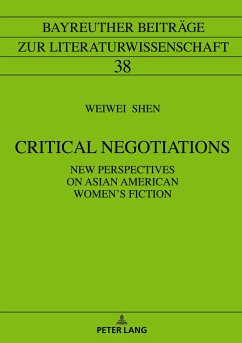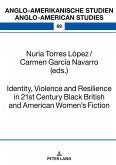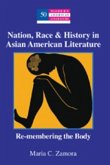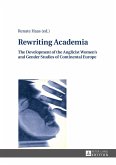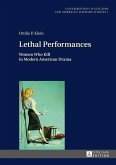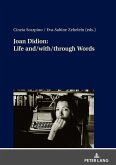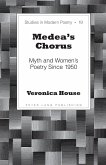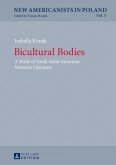In a global context where the speed and volume of migration have continuously increased, communicative failure shows up in cultural conflicts as thematized in Asian American women's literature. When the text surface suggests that migrant identity is flexibly hybrid, are there deeper textual layers? This book probes the limitations not only of the usual methods of literary study, but of Western constructions of the experience of loss and deprivation. Can literary interpretation gain from adapting new conceptualizations developed in the science-oriented field of intercultural communication studies? A critical negotiation concept opens unexpected analytical potential with far-reaching implications.
Bitte wählen Sie Ihr Anliegen aus.
Rechnungen
Retourenschein anfordern
Bestellstatus
Storno

